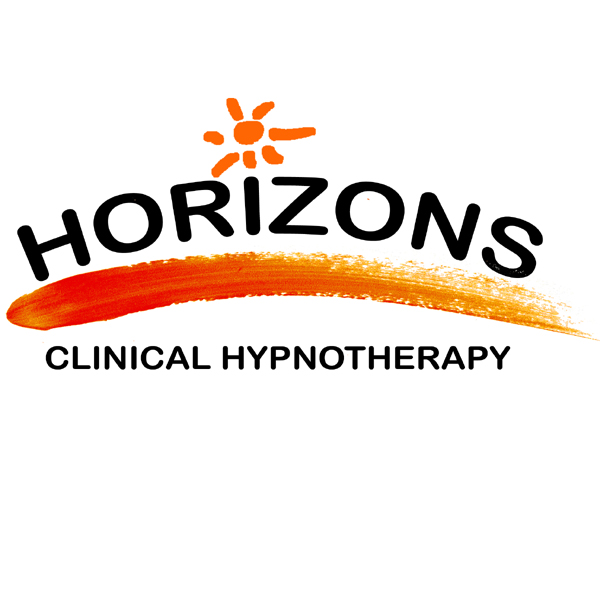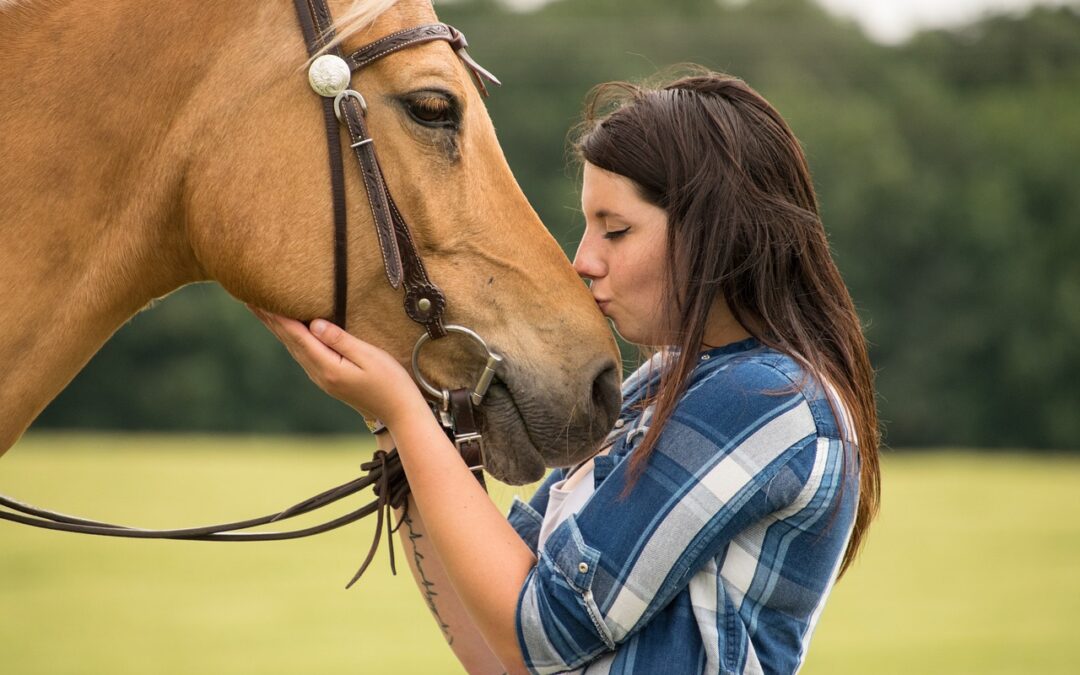Self-trust is important in therapy because without it, you cannot trust that what you are experiencing is valid. You cannot track your progress and acknowledge changes. You just keep coming up with “I don’t know”. When a client repeatedly replies “I don’t know” in answer to my questions, I know that they are lacking self-trust.
Some of the questions I ask my clients may include:
- How do you feel about that now?
- What needs to happen for X to change?
- What would you gain by losing X? What would you lose by losing X?
These questions are reflective and ask he client to look within for the answers. However, if that client lacks self-trust, they will feel lost and confused.
Overcoming lack of self-trust
It will depend upon the reason for the lack of self-trust but quite often it is due to an emotional block stemming from trauma where the person was left feeling betrayed, abandoned or otherwise shocked and confused by the way they were treated or the way things turned out. Childhood abuse is a good example which can really confuse and emotionally cripple a person, especially if the perpetrator was a trusted family member.
The logic in a scenario like this is that the person can no longer trust their judgement, because they once trusted X and look at what they did! Alternatively it could be that situations turned out so badly that life itself cannot be trusted.
Jane’s Confusion and Shock
Jane’s father was an athlete. He cycled, climbed mountains, ran, surfed, you name it. He was a super fit 60-year-old. One day he just dropped dead while out for a walk. How could this be? There was no sign of any illness and he had received a clean bill of health only weeks prior. Jane was confused, in shock and disbelief. She had followed in her father’s footsteps with a strong passion for the outdoors, but after he died, she began to shy away from what she loved. “Perhaps it is no longer safe”, said her unconscious mind. “After all, look at your Dad”.
Jane trusted nothing anymore. If this could happen to her Dad, the healthiest man she knew, is there any certainty in life? When we came to do some NLP processes, Jane doubted everything she experienced. “I don’t know” was all she could answer. She was no longer able to self-trust. She questioned her feelings, her ideas, her reality.
It was not until we worked on the trauma that Jane could begin to accept that the information she was receiving through her unconscious mind in response to the processes we were doing, were valid. When I asked her how she was feeling about things for example, she could now answer me.
If you require assistance with learning to trust yourself again, we can help. Horizons Clinical Hypnotherapy Sunshine Coast.

